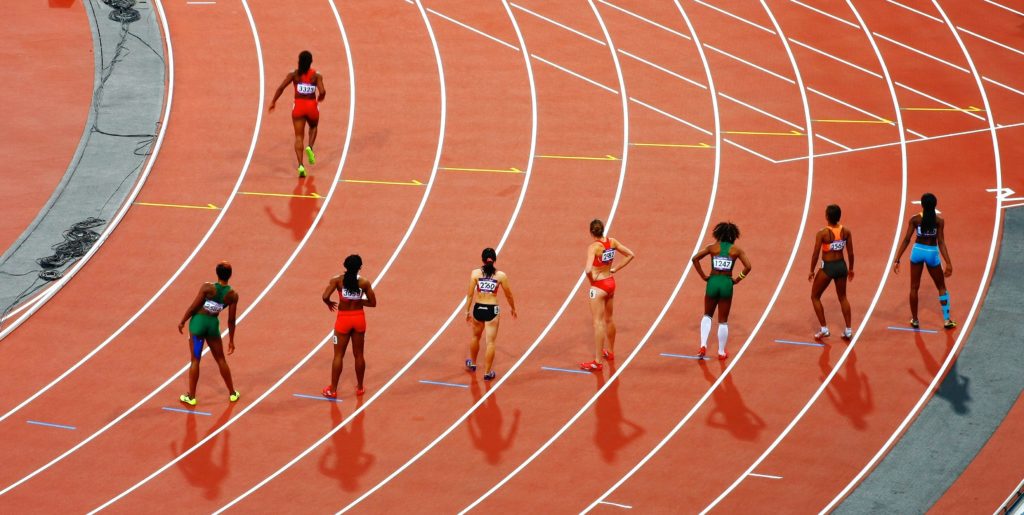Claire Thomson
Woman in Journalism Scotland has launched a campaign advocating for greater diversity among sports reporters, saying that sports journalism “appears to be among the last bastions of misogyny” within the industry.
It comes after several prominent journalists walked out of the Scottish Football Writers’ Association (SFWA)’s annual awards dinner in Glasgow on Sunday evening. Eilidh Barbour, a sports broadcaster with Sky Sports, Amazon Prime and the BBC, and Gabriella Bennett, co-chair of Women in Journalism Scotland (WiJS), were among those who left the event, with Barbour tweeting that she had “never felt so unwelcome” in the industry during her attendance at the gala.
The walk-out was prompted by an after-dinner speech, which was described as sexist, racist and homophobic. The SFWA apologised to anyone “offended or upset” by the speech on Monday after Bill Copeland, a retired lawyer who is well known on the football after-dinner circuit, was accused of repeatedly using discriminatory language.
It has been said that while several journalists stood up to leave in protest, most audience members were seen to be laughing at Copeland’s remarks. The organisation representing Scottish sportswriters has also promised to review and improve the format of the annual dinner. Additionally, Copeland’s online speaker’s biography was removed by one of the agencies that represent him, which said it supported the SFWA apology.
“Sports journalism appears to be among the last bastions of misogyny within journalism.”
Following the incident, WiJS released a statement on Monday evening outlining the issues that exist in the sector and the lack of opportunities and career paths available to female sports journalists.
“Women in Journalism Scotland (WiJS) stands with all those who walked out in the middle of an offensive after-dinner speech at the Scottish Football Writers’ Association awards dinner last night,” the organisation said.
“It is a matter of great concern to us that it is still deemed acceptable to behave and speak in such a disparaging manner towards women. This is not banter for the minority groups who are the butt of the jokes.
“Sports journalism appears to be among the last bastions of misogyny within journalism.”
https://twitter.com/WIJ_Scotland/status/1523763317856030720
Women in Journalism Scotland’s campaign has now officially launched to tackle gender inequality in Scottish sports journalism with the backing of Sports Broadcaster, Gabby Logan after it was discovered earlier this year that only three of Scotland’s 95 full-time sportswriters were women.
Further investigation into these statistics through a study by two master’s students from the University of Strathclyde, found evidence that male recruits were being paid more than women, despite having less experience. Additionally, a sports journalism course at a Scottish college had been attended by just eight women in its 13-year history; for the majority of years, its cohort was all male.
“sexist abuse, pay disparity, macho culture, male-dominated meetings…”
WiJS said its members and research had identified “sexist abuse, pay disparity, macho culture, male-dominated meetings and management structures, lack of opportunity, tokenism, lack of flexibility [and] barriers to a career path” as deterrents for women entering into sports journalism, and as reasons why some left the industry altogether.
The organisation is working to call out sexism within sports journalism and address this imbalance through a mentorship scheme and dedicated support and training initiatives in an effort to make the sector better for women.
The final message from WiJS was a call to sports and commissioning editors, and seniors within the industry to work together to drive the necessary changes.
Feature image courtesy of Matt Lee via Unsplash. Image licence can be found here. No changes or alterations were made to this image.

